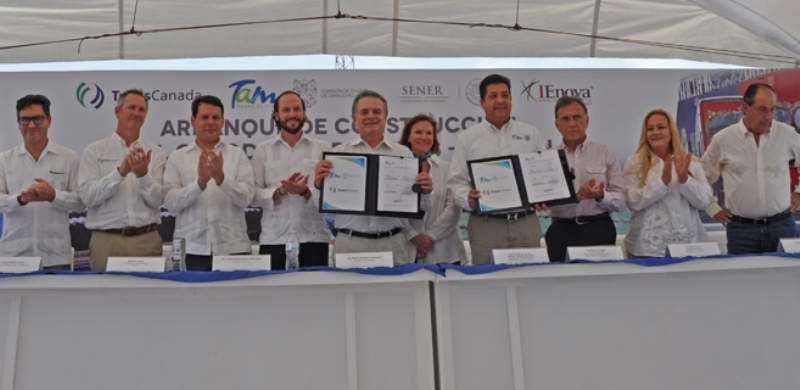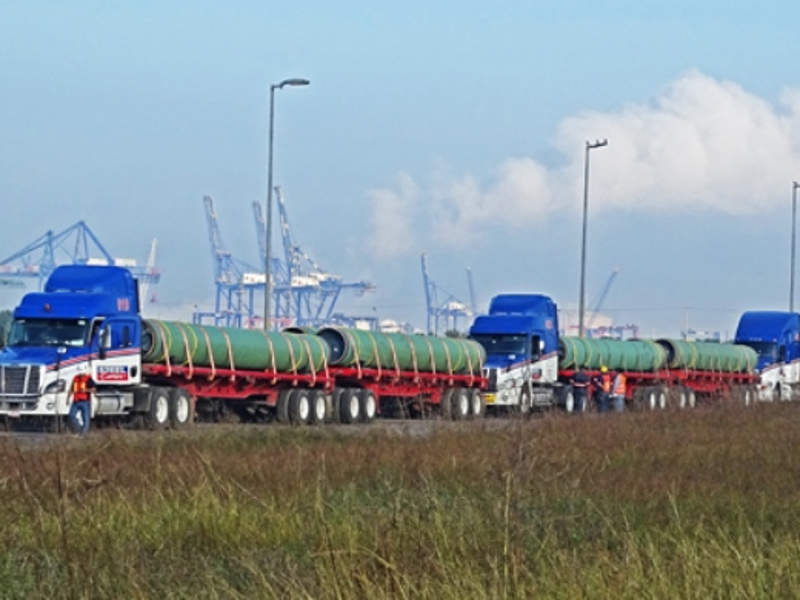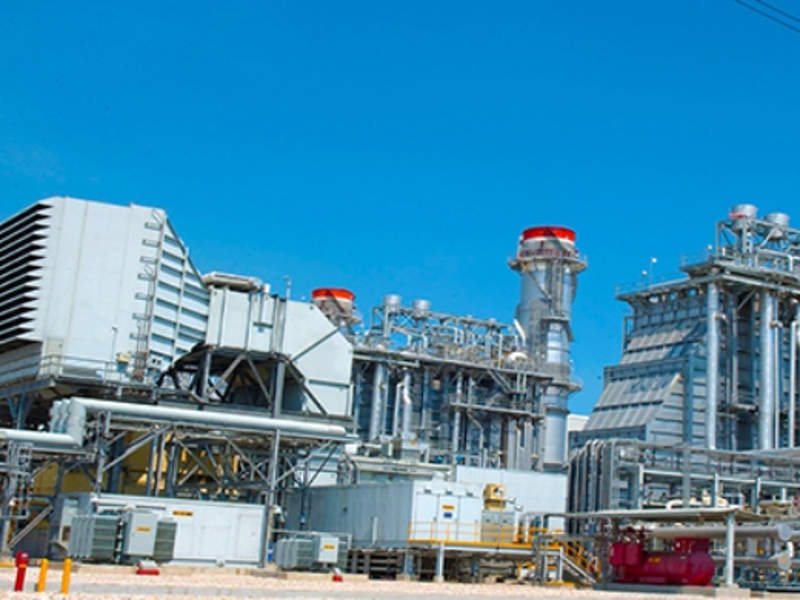
South Texas-Tuxpan gas pipeline is an underwater natural gas pipeline planned between the Texas, US, and Veracruz, Mexico.
The $3.1bn project is being developed by the Federal Electricity Commission (CFE) of Mexico, and will become the country’s first subsea pipeline upon completion.
The pipline will help the southern region of the US to address its increasing demand for natural gas.
A joint venture (JV) between TransCanada (60%) and Sempra Energy’s Mexican unit IEnova (40%) known as Infraestructura Marina del Golfo (IMG) is constructing the project.
The JV won a 25-year build, own and operate (BOO) contract from CFE in 2015.
Construction of the pipeline commenced in the port of Altamira, Mexico, in May 2017, and completion is currently scheduled for late-2018.
Texas to Tuxpan gas pipeline project details
The underwater pipeline has been touted as one of the longest pipelines ever constructed by TransCanada in Mexico and will have a total length of 800km and a diameter of 42in.
It will include both onshore and offshore routes, with the offshore portion being the longest.
The pipeline will start off the shore of the Gulf of Mexico, near Brownsville in Texas, US, and end in Tuxpan port in Veracruz, Mexico.
It will have a capacity to transport 2.6 billion cubic feet of natural gas a day, and will interconnect with a number of other proposed pipelines, including Nueces-Brownsville gas pipeline and Tuxpan-Tula gas pipeline.
The pipeline is also expected to link up with an existing network in Cenagas’s pipeline system in Altamira, as well as others in the region.
Two compression stations based at Altamira port and Matamoros port in the Tamaulipas state, Mexico, will also be constructed.
Altamira port will serve as the production and logistics centre for the project.
The port’s ballast pipe construction plant will manufacture approximately 55,000 pieces of concrete-lined steel pipes for use along the pipeline.
Natural gas transportation through the Texas-Tuxpan pipeline
The pipeline will primarily transport gas to power plants operated by CFE in the Mexican states of Tamaulipas and Veracruz, as well to various plants in the Eastern, Central and Western regions of the country.
It will also supply natural gas to several power generation plants that are scheduled for construction, as well as existing facilities currently operating on fuel oil, which will be converted into natural gas-powered plants.
Contractors involved
Nippon Steel & Sumitomo Metal Corporation (NSSMC) collaborated with Mitsui to secured a contract for the delivery of 600,000t of steel pipe for the project.
The deal includes the supply of 390km-long, large-diameter welded steel pipe weighing 350,000t, and a 36mm-thick plate with outside diameter of 42in that weighs approximately 250,000t.
Both the pipe and the plate will be pipeformed by Mexican steel maker Tubacero.
A $300m pipeline coating contract was awarded to Shawcor, which will carry out the work at two coating plants in Altamira.
Matthews Daniel was contracted to provide marine warranty survey (MWS) for the development.
The MWS will include the conduction of vessel suitability surveys for the pipe-lay vessels, pipe supply barges, and dive support vessels.
It will also feature a review of all engineering studies and procedures related to the transportation and installation of the coated pipeline.
Allseas is supplying a 42in Ballgrab pipeline recovery tool (PRT) for the project, which accommodates different pipe specifications and permits various pigging, dewatering and sealing scenarios.
Financing for the natural gas pipeline
The project is estimated to cost $3.1bn, including $1.3bn to be provided by TransCanada.





